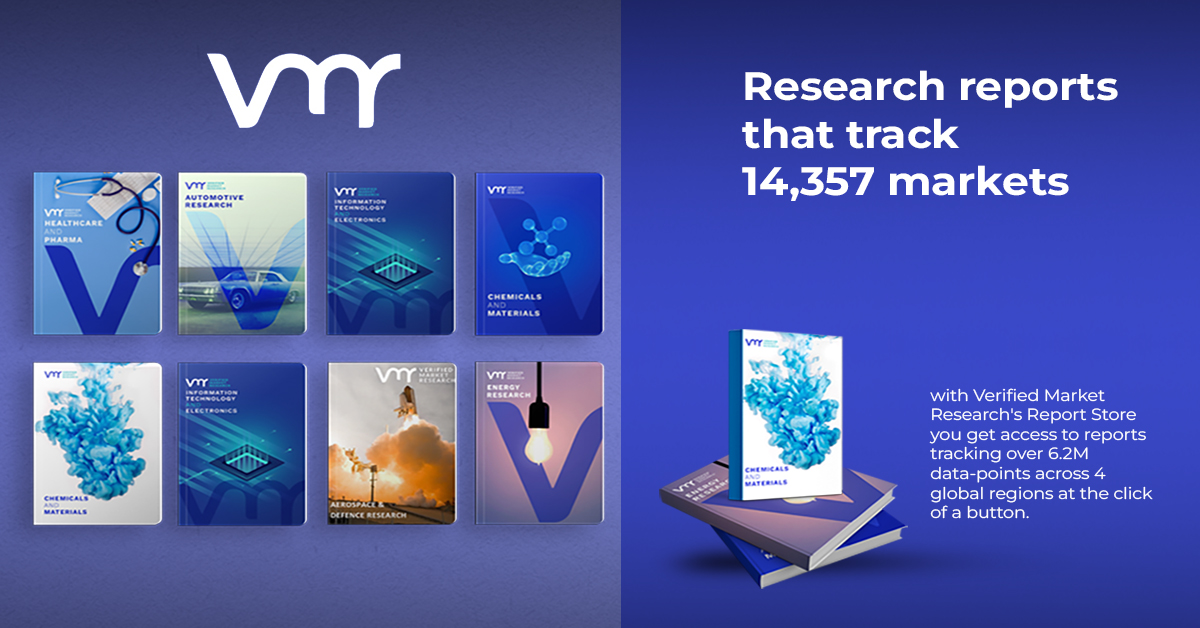Digestive Health Supplements Market: A Comprehensive Overview of Key Developments and Future Prospects
The global digestive health supplements market is experiencing rapid growth, driven by increasing consumer awareness about gut health, rising prevalence of digestive disorders, and a shift towards preventive healthcare. This article delves into the latest developments, key drivers, and future opportunities in this expanding market.
Why Digestive Health is Gaining Attention
Digestive health supplements, including probiotics, prebiotics, enzymes, and fiber-based solutions, are gaining prominence due to their role in supporting gut microbiota, improving immunity, and managing digestive disorders. Modern diets and sedentary lifestyles have led to an increase in gastrointestinal issues like irritable bowel syndrome (IBS), acid reflux, and constipation, prompting consumers to seek natural and effective remedies.
Recent Market Trends and Innovations
- Probiotic Dominance
Probiotics remain the top-performing segment in the market, attributed to growing consumer confidence in their efficacy for gut health and beyond. Recent innovations include multi-strain probiotics, which combine beneficial bacteria to address diverse gut health needs. Companies like Yakult and Garden of Life are at the forefront, introducing advanced formulations. - Plant-Based Supplements
With the rise of veganism and plant-based diets, companies are launching plant-based digestive health products. For instance, Bayer recently introduced Iberogast, a herbal supplement designed to alleviate common digestive issues. - Personalized Nutrition
Advances in gut microbiome research have paved the way for personalized digestive health supplements. By analyzing individual microbiota, companies can offer tailored solutions that enhance efficacy, setting a new benchmark for the industry. - Convenience and Accessibility
The popularity of capsule-based supplements continues to rise due to their convenience, precise dosing, and longer shelf life. Moreover, e-commerce platforms are making these products easily accessible, broadening their consumer base globally.
Regional Insights
- North America dominates the market, fueled by high health awareness, a robust retail network, and disposable income levels. The region is also home to leading manufacturers, driving product innovation.
- Asia-Pacific is witnessing the fastest growth due to urbanization, dietary changes, and increased stress levels. Traditional herbal remedies align well with the rising demand for natural digestive solutions.
Challenges Facing the Industry
Despite its growth, the market faces challenges such as:
- Regulatory Hurdles: Variations in health claims approval processes across regions can slow product launches.
- Consumer Education: Many consumers are unaware of the differences between probiotics, prebiotics, and other supplements, making targeted education campaigns essential.
- Price Sensitivity: In price-sensitive markets, premium products may struggle to gain traction.
Future Outlook
The global digestive health supplements market is projected to continue its upward trajectory, with a compound annual growth rate (CAGR) exceeding 7% from 2023 to 2033. Key drivers include increasing investments in microbiome research, a surge in chronic digestive conditions, and the growing appeal of holistic wellness.
As digestive health supplements evolve to meet diverse consumer needs, innovation and accessibility will be key to sustained market growth. Whether through advanced probiotics, personalized solutions, or plant-based options, the industry is well-positioned to thrive in an era where health and wellness take center stage.









